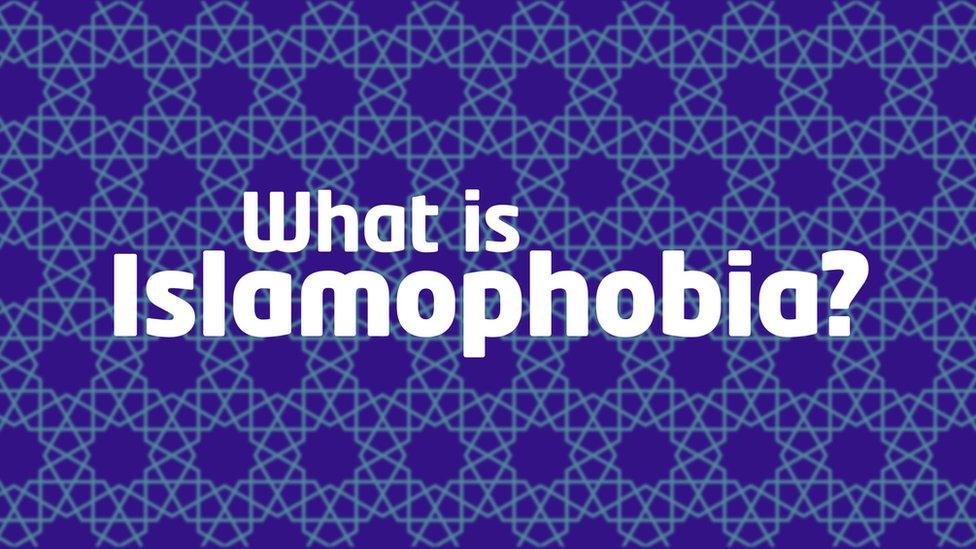Leadership debate: Five things that Conservative candidates spoke about
- Published
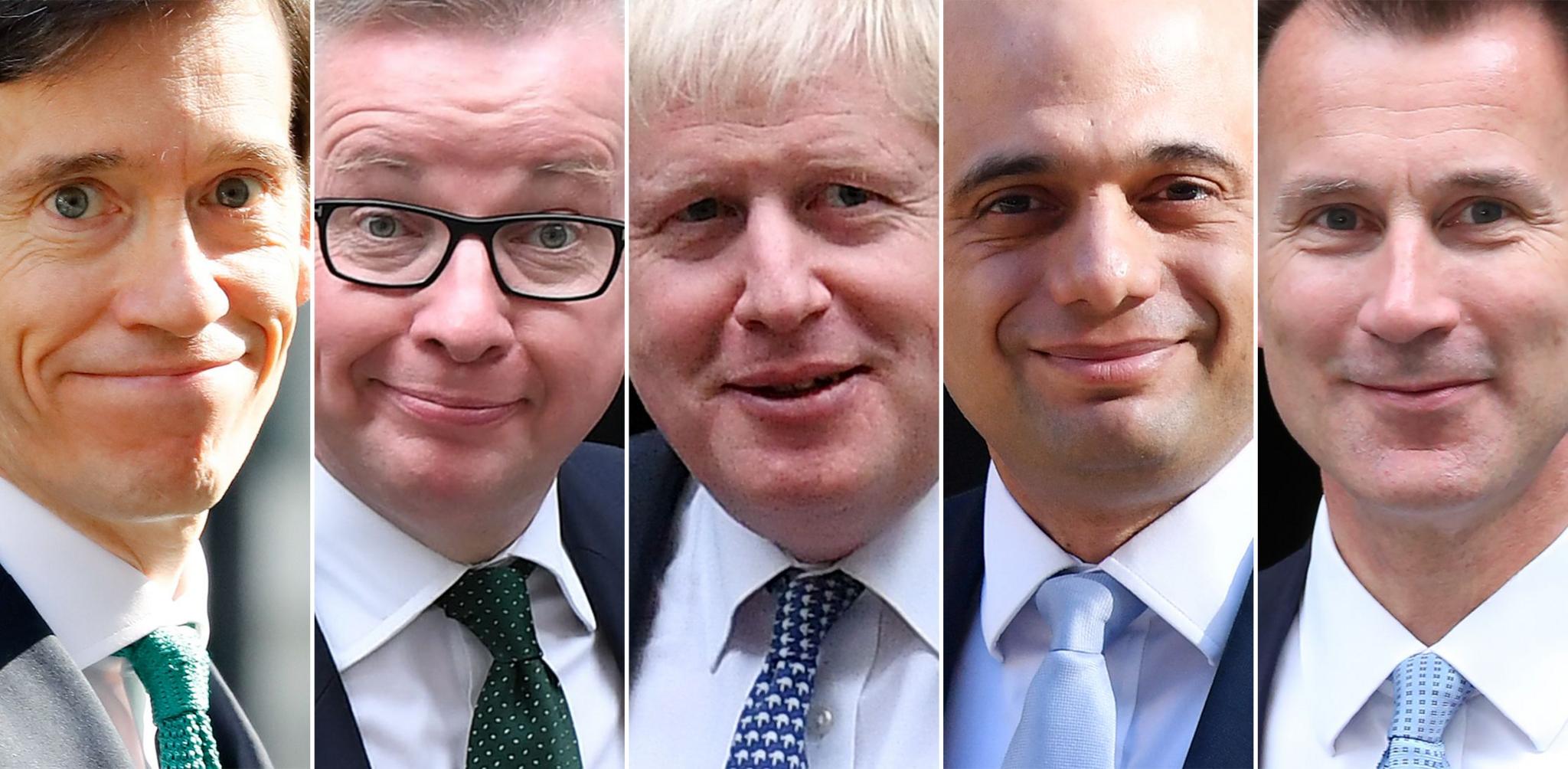
The five candidates to be next leader of the Conservative Party took part in a TV debate last night
There was a big live debate on TV last night between the final five candidates who all want to be the next leader of the Conservative Party - and therefore the UK's next prime minister.
Boris Johnson, Michael Gove, Jeremy Hunt, Sajid Javid and Rory Stewart went head to head to prove that they had what it took to run the country.
Here are five things that were talked about in the Tory Leadership debate.
1. Brexit
The biggest issue of the debate was Brexit. .
The group was asked for a guarantee that Britain would leave the EU on 31 October 2019 - the delayed Brexit date.
But they struggled to agree on three things - the date of Brexit, how the UK would leave, and whether or not they could accept the UK leaving the EU without an agreement.
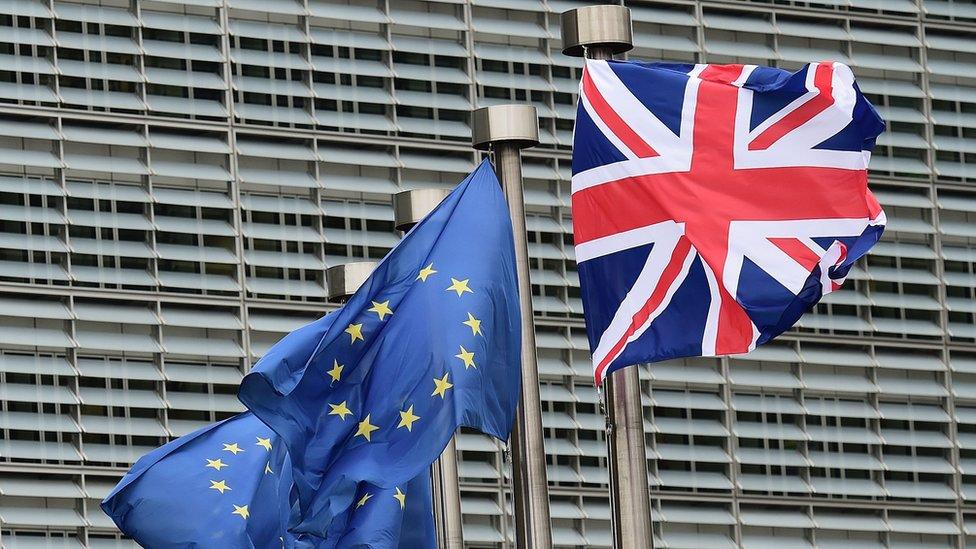
One of the main issues discussed in the debate was Brexit
Boris Johnson said that the country needed to get the deal done, which could possibly be done by October.
Michael Gove and Jeremy Hunt said extra time might be needed to get the deal "over the line".
Sajid Javid said it was "fundamental" that the deal was done by that date and that he thinks it was a "mistake" to have a flexible deadline.
While Rory Stewart said the party needed to be "honest" with people and that it is "not possible" to negotiate a new deal by the October date.
Mr Hunt was the only MP to say that he would back a no-deal Brexit as a "last resort", but they all agreed that it was important to have the option.
They also disagreed about what should be done about the border between Northern Ireland and the Republic of Ireland.
All five agreed that the border should remain "free and open", but they had different ideas about how this should work.
2. General election
The person who is chosen to be the next leader of the Conservative Party will become the next UK prime minister. They will be chosen by members of the Conservative Party.
Therefore, this person will not have been chosen by voting adult members of the public, which would happen in a UK general election.
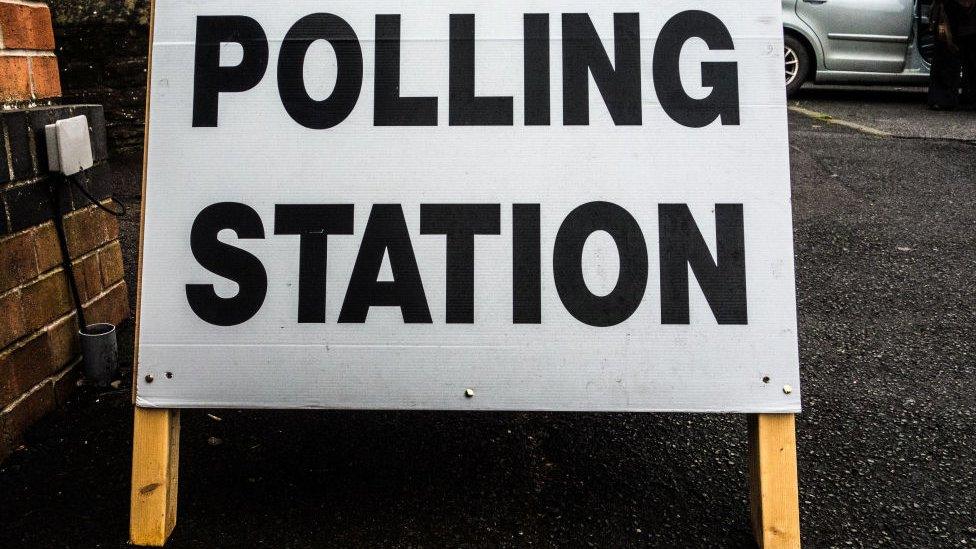
All five men ruled out calling a general election until Brexit was resolved.
A general election would give all voting adults in the UK the chance to have a say on who runs the country.
3. Families
Candidates mentioned members of their families when talking about what they believed was important to the UK.
Michael Gove spoke about his dad being a small business man who lost his business, and his mum, who was a shop assistant. He said that, because of this, he knows what it's like for working people to face difficult circumstances and that he is therefore the best candidate to represent working people.
Boris Johnston spoke about his Muslim great-grandfather who came to the UK for a better life, to highlight how open and willing the UK was to accept people from all across the world.
Jeremy Hunt spoke about his wife, who is Chinese, and his three children, who are dual heritage. He said the beauty of the UK was that it didn't matter that his children looked "different". Mr Hunt continued: "We are one of the most open, tolerant countries on the planet, and we must do everything that we can to preserve and protect that".
4. Islamophobia
The candidates were all asked about the issue of challenged over Islamophobia, which is when Muslims are unfavourably targeted because of their religion.
This was after claims that the Conservative Party has failed to deal with the issue of Islamophobia within party.
WATCH: What is Islamophobia? (June 2017)
Mr Johnson said he apologised if anything he had written during his 20 to 30 years as a journalist, or had said during his political career, had caused offence.
Mr Javid got the other candidates to agree to undertaking an investigation into Islamophobia in their party.
He went on to talk about US President Donald Trump's long-standing argument with London Mayor Sadiq Khan, who is Muslim, saying politicians should be "brave enough" to call out Islamophobia wherever it came from.
5. Money
As is often the case in big political debates, money was a hot topic for discussion.
Sajid Javid backed tax cuts for low earners and investing more in health, local government and education.
Jeremy Hunt said that tax cuts for big businesses would help to create money so that there can be more tax cuts for lower earners. He also suggested that cuts to care budgets under the current government had gone "too far".
Mr Johnson said he planned to give tax cuts to those earning more than £50,000 a year.
Mr Gove criticised Mr Johnson's tax plans, saying the focus should be on "helping the poorest in society". He also backed putting more money into education.
Rory Stewart said promising tax cuts was "wrong" given the uncertainty around Brexit, and that any extra money should go to investing in public services.
All the candidates seemed to disagree to how the money that they would like to invest in certain areas should be raised.
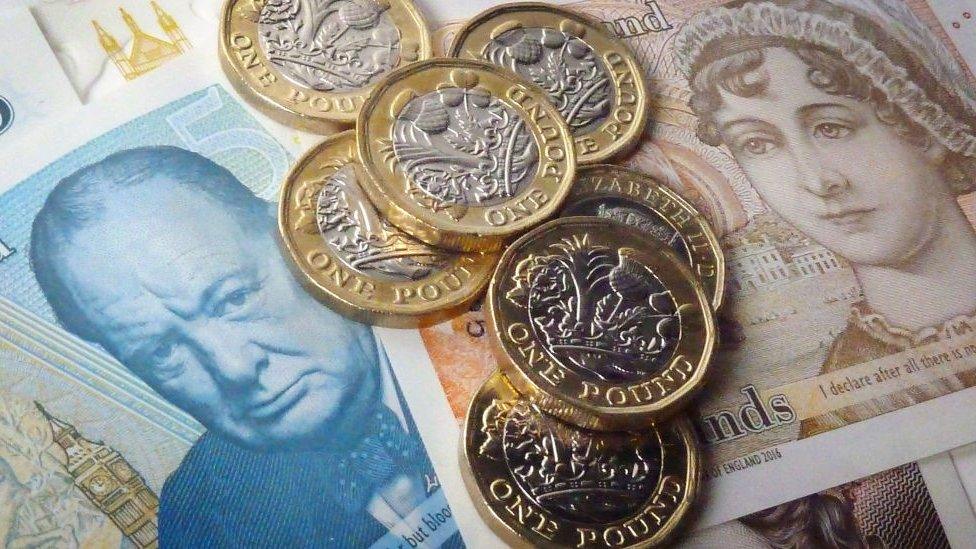
What happens next?
On Wednesday 19 June, the third round of voting will take place and the MP with the lowest number of votes will be out of the race.
- Published23 October 2019
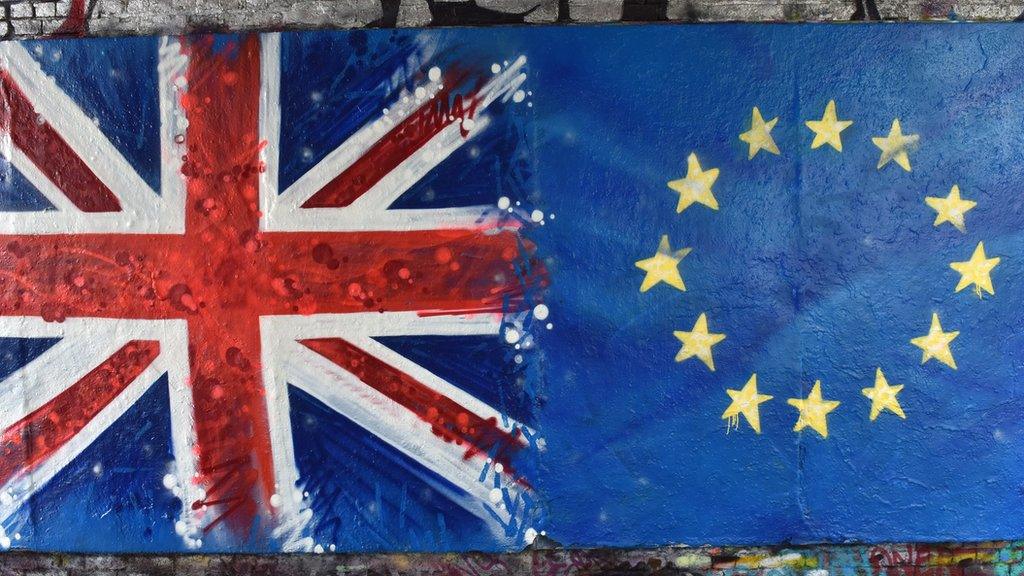
- Published17 June 2019
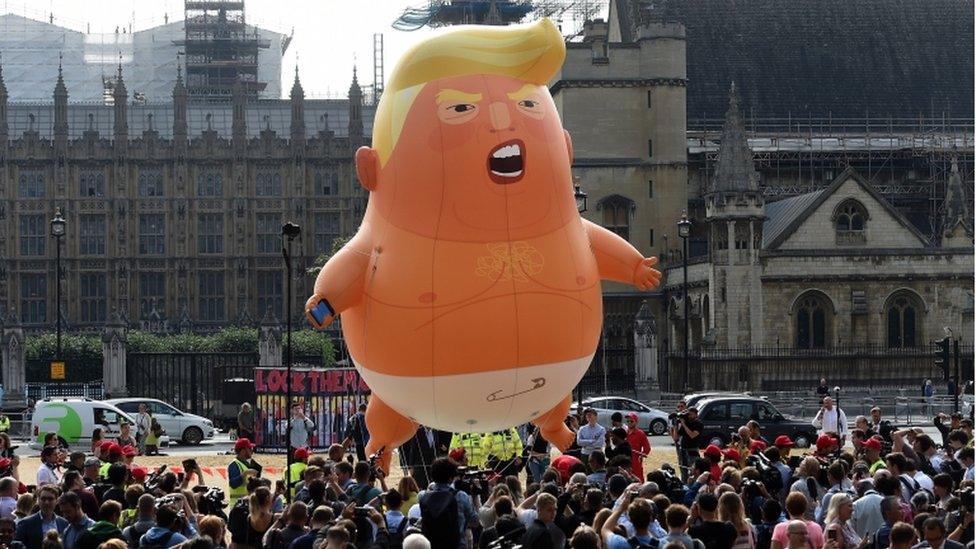
- Published19 June 2017
